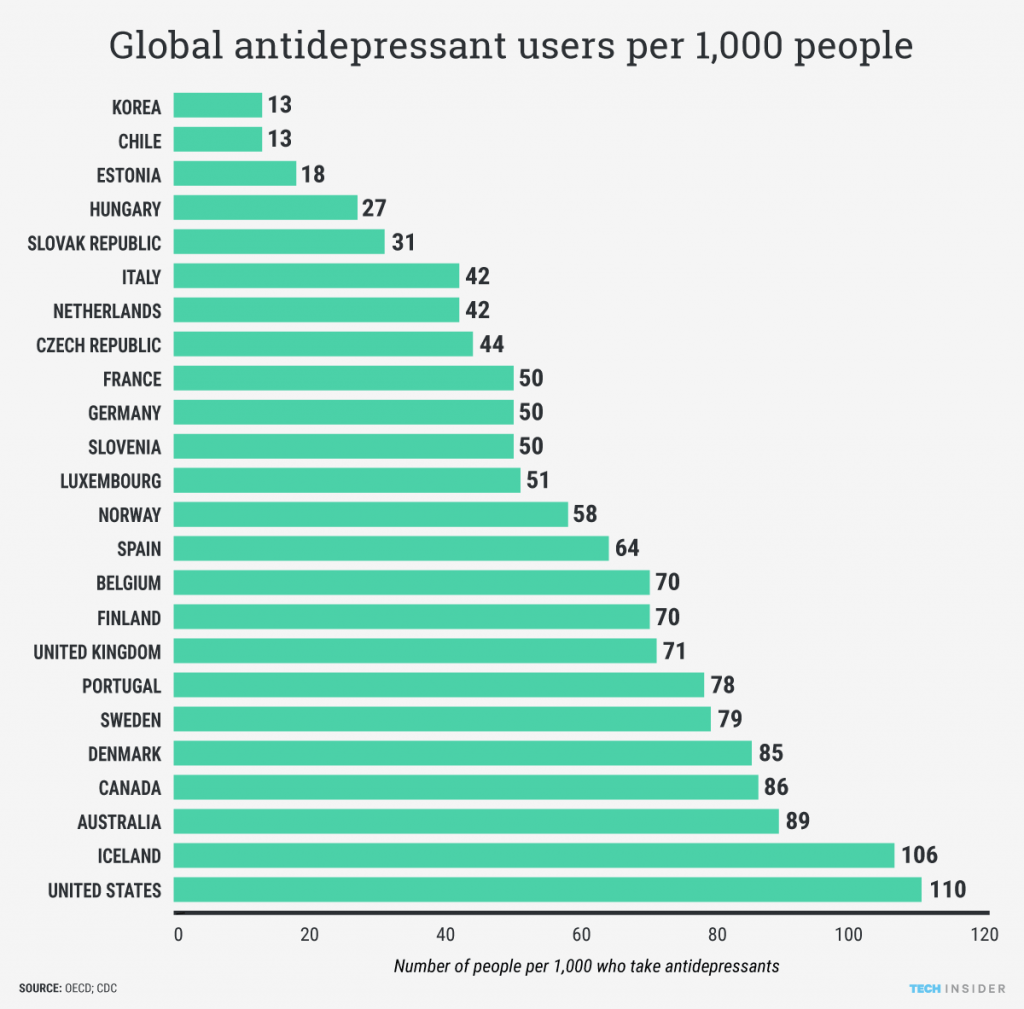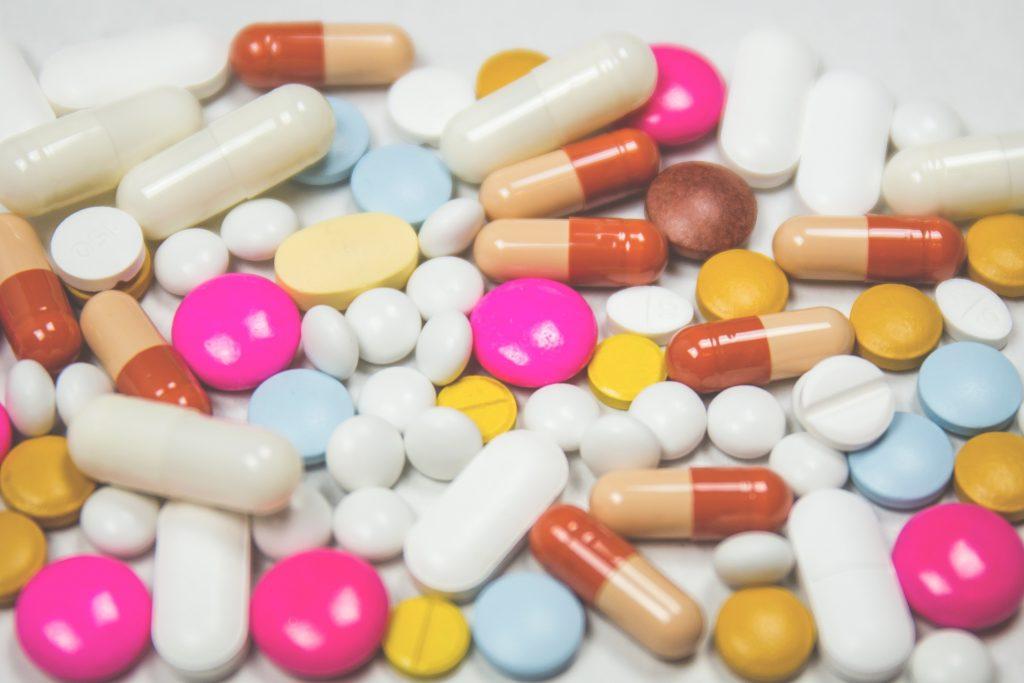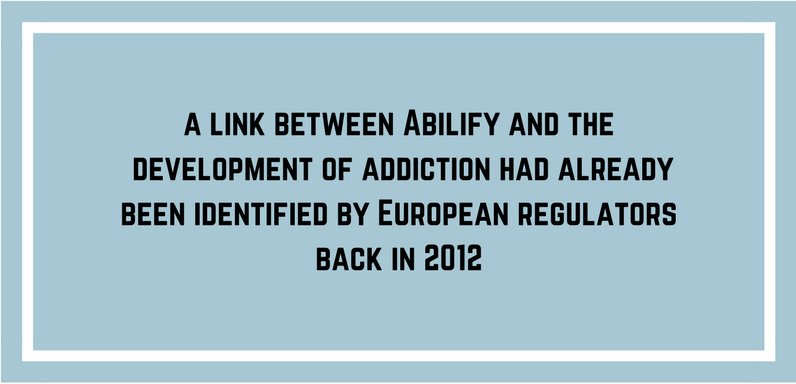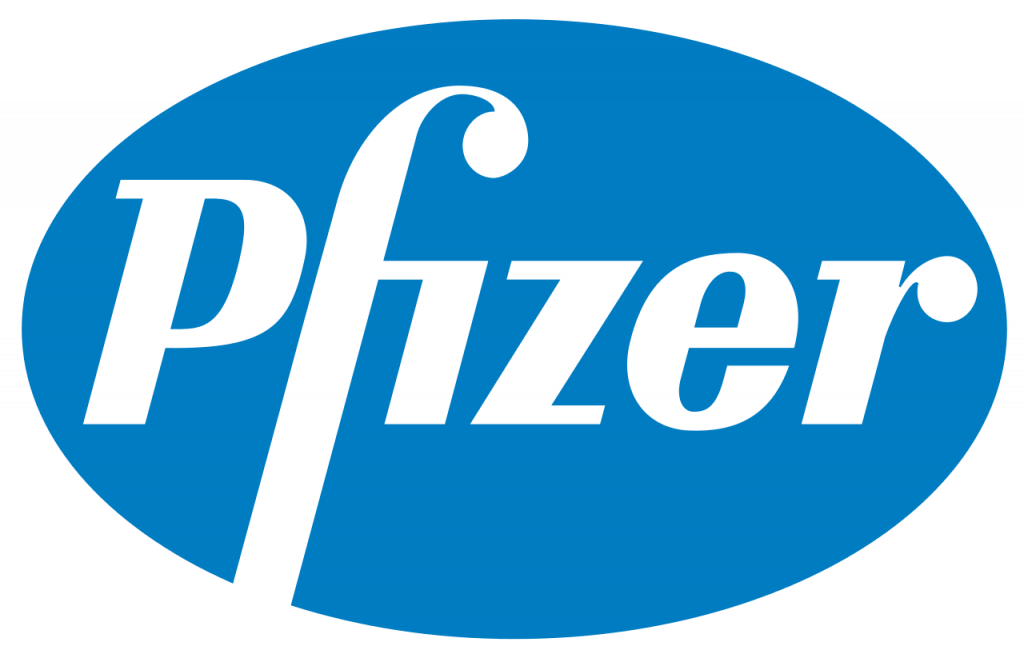How Certain Antidepressants Can Trigger Gambling Addiction
Antidepressant medications have long been surrounded by controversy, particularly regarding their effectiveness. Recently, however, the discussion has shifted from questions about their ability to treat depression to concerns over their side effects. Of these, one alarming issue has come to light: the potential to trigger uncontrollable gambling urges in some users.
Antidepressant Usage: Debating Effectiveness and Prevalence
The global consumption of antidepressants continues to soar, with millions of prescriptions filled each day, despite ongoing debate over their actual benefits. For some patients, these drugs are seen as vital lifelines. Others report they experience little difference, and a minority claim the medications worsen their symptoms or introduce unwanted issues.

Research led by Professor Irving Kirsch of the University of Hull, in collaboration with international colleagues, explored how different severities of depression respond to antidepressants. The study reviewed a range of medications such as fluoxetine (Prozac), nefazodone (Serzone), venlafaxine (Effexor), paroxetine (Seroxat), and compared them against placebo pills. Data indicated that only those suffering from severe depression saw a notable improvement-the benefit for mild to moderate cases was minimal.
Emerging Focus: Alarming Side Effects Beyond Efficacy
While efficacy is still under discussion, attention has increasingly shifted to the adverse effects of antidepressants. Recent reports have documented disturbing behavioral changes in certain individuals taking these drugs-most notably, sudden, intense impulses to engage in risky behaviors like gambling.
One particularly compelling example involves Denise Miley from Minnesota, who began taking aripiprazole (Abilify) to manage her depression. Abilify works by affecting the brain's dopamine system-responsible for reward-seeking and impulse control. Within just six months, Denise developed a severe gambling problem, resorting to frequent trips to the casino after dropping her children at school.
Dr. Timothy Fong, Co-Director of the UCLA Gambling Studies Program, noted that such experiences are sadly common, remarking, “What that woman described is very eerily similar to a lot of other patients that we see, where they just wake up and have this urge or hunger and desire to do a behavior.”
European regulatory agencies first drew attention to the connection between Abilify and compulsive behaviors-including gambling-as far back as 2012. Warning labels were added in Europe, but similar alerts did not appear on US packaging until much later.
Real-Life Cases of Gambling Addiction Linked to Antidepressants
Beyond isolated incidents, mounting evidence points to an increasing number of patients who developed gambling addictions while on antidepressant therapies.
For example, Tim Hillier, an Australian financial analyst taking Efexor for severe obsessive-compulsive disorder (OCD), found himself inexplicably wagering $80,000 on a single Wimbledon tennis match. The sudden and overwhelming impulse defied his prior behavior and financial caution, leaving him shocked and confused.
Another Australian, referred to as Paul, struggled with compulsive gambling after three years on Efexor. On contacting the drug’s manufacturer, Pfizer, he was surprised by their acknowledgment: “Oh yes we knew that, 0.8% of people will get that,” he was told.
Regulatory Response and Patient Awareness
Authorities are now responding to these revelations. The US Food and Drug Administration (FDA) officially recognized a direct link between certain dopamine-regulating antidepressants and compulsive behaviors-gambling, binge eating, shopping, and even sexual addiction among them.
To help protect patients, updated warning labels now clearly state the risks of gambling addiction, replacing previous vague descriptions like “uninhibited behavior.” This step is designed to ensure that anyone starting these medications is fully informed.
Still, the widespread availability of these drugs continues to worry healthcare advocates, as the current treatments come with serious risks and no clear alternative that eliminates these dangerous side effects. Pharmaceutical companies are beginning to address the issue more openly, but the lack of safer options remains a concern for both patients and the medical community.

















